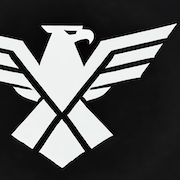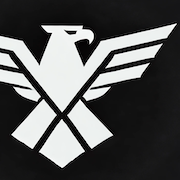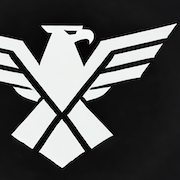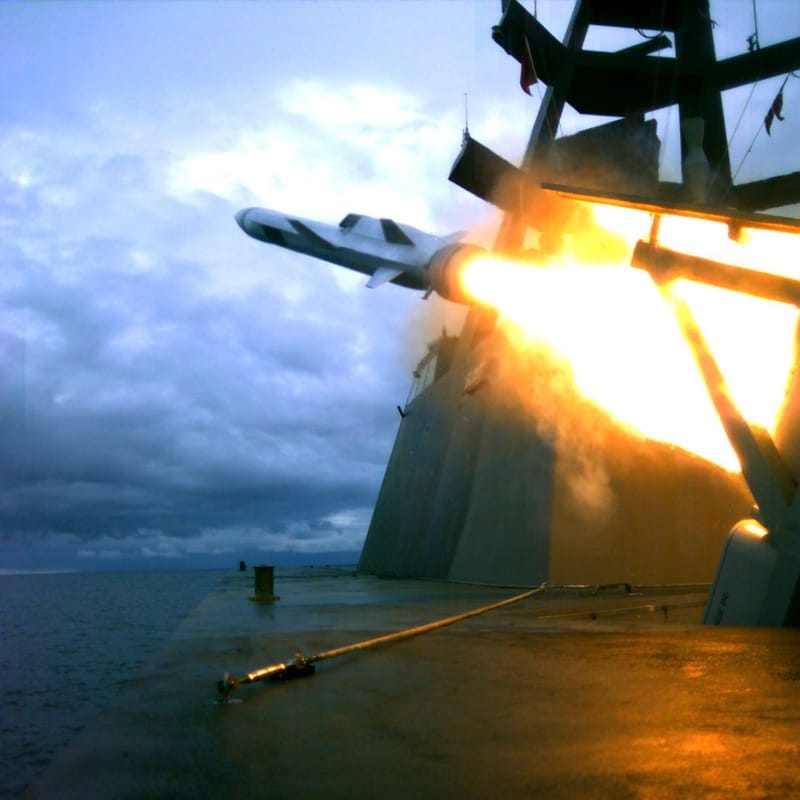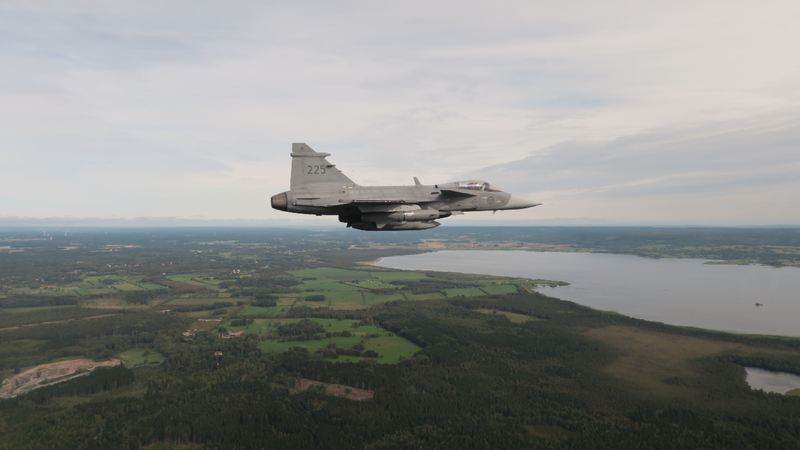EU’s €5.2B Air Defense Push: Sweden Leads Patriot Missile Expansion in Germany
Sweden has announced a joint procurement of up to 1,000 Patriot missiles valued at approximately €5.2 bn as joint-effort with Sweden, Germany, the Netherlands, Romania, and Spain, under the coordination of the NATO Support and Procurement Agency (NSPA).
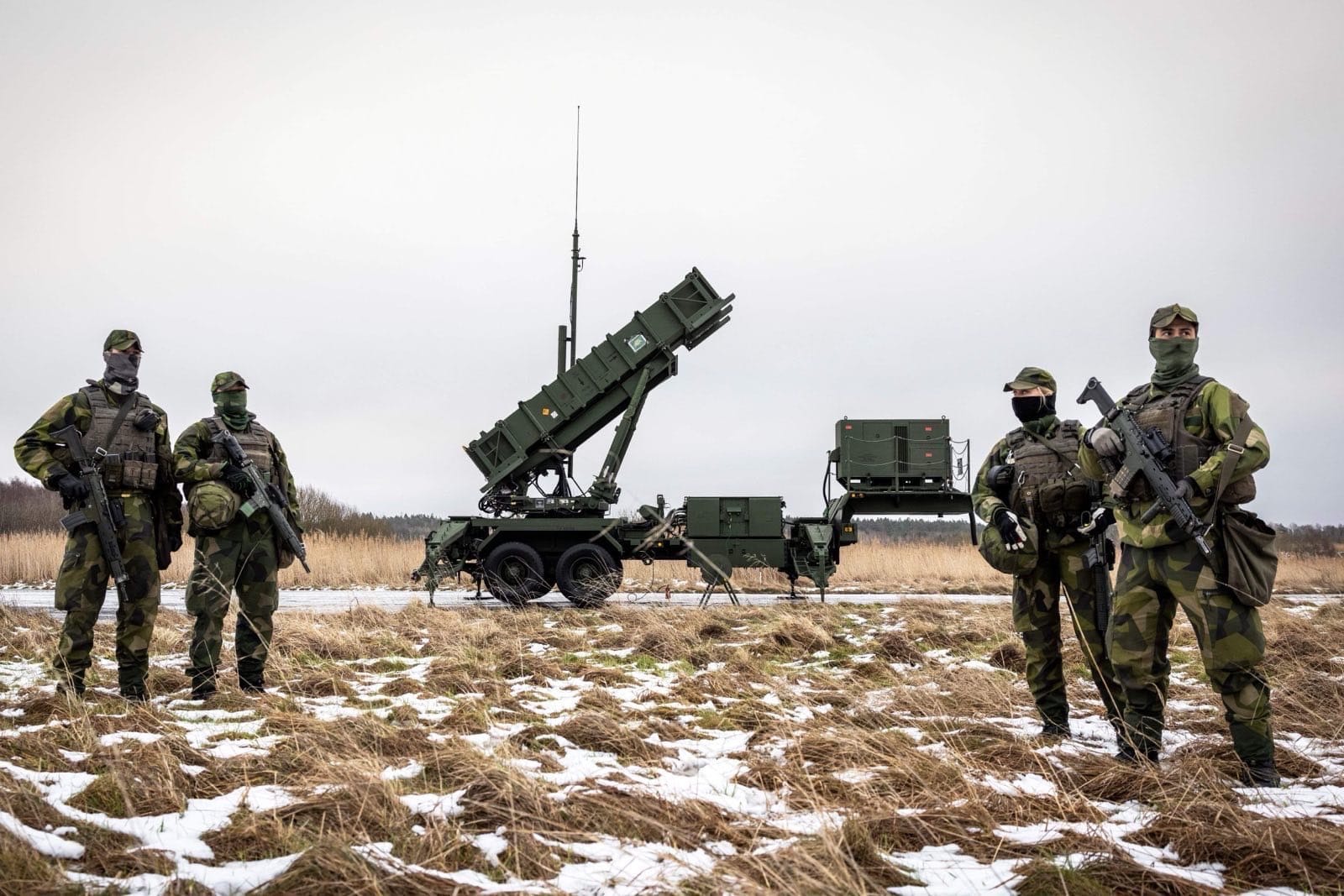
Sweden Strengthens Air Defense Through Major NATO Collaboration
Sweden has announced a significant enhancement of its air defense capabilities by participating in a joint procurement of up to 1,000 Patriot missiles. This initiative, valued at approximately $5.5 billion, is a collaborative effort involving Sweden, Germany, the Netherlands, Romania, and Spain, under the coordination of the NATO Support and Procurement Agency (NSPA). This move underscores Sweden's commitment to bolstering NATO's collective defense framework and addressing evolving security threats in Europe.
Sweden’s Role the European Sky Shield Initiative (ESSI) and NATO
To fully appreciate the significance of Sweden’s acquisition, it is essential to understand its alignment with broader European defense strategies.
Patriot Missile Systems in the Context of the European Sky Shield Initiative (ESSI): Building Blocks for Modern Air Defense
The Patriot missile system, developed by Raytheon, is a versatile surface-to-air missile platform designed to counter various aerial threats, including ballistic missiles, cruise missiles, and advanced aircraft. Sweden's investment in this system aligns with its strategic objective to enhance territorial defense and integrate more closely into NATO's collective security framework.
This procurement also complements the objectives of the European Sky Shield Initiative (ESSI), a German-led project aimed at building a ground-based integrated European air defense system with anti-ballistic missile capabilities. By adopting the Patriot system, Sweden contributes to the broader ESSI framework, enhancing interoperability and collective defense readiness among European nations.
Related Stories:
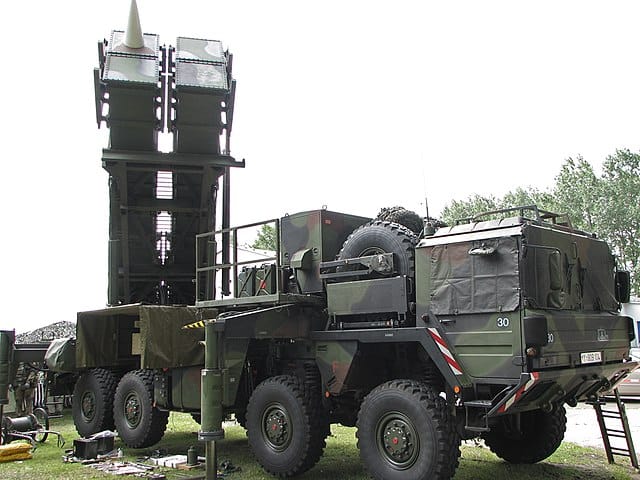
Swedish Minister for Defense Jonson Highlights Significance of European Production Capabilities of the Patriot Missile System and German Production Line
Sweden’s commitment to the Patriot missile system also includes a strategic focus on Europe’s defense industrial base, particularly through collaborative production efforts.
Establishing European Production Capabilities With New Line in Germany
A key aspect of this procurement is the establishment of a new production line for Patriot missiles in Germany. The joint venture between Raytheon and MBDA, known as COMLOG, is setting up a final assembly line in Germany's existing Patriot Maintenance Facility (PMF-3). This development aims to strengthen Europe's defense industrial base by reducing reliance on external suppliers and ensuring rapid replenishment of missile stocks.
Swedish Minister for Defense Pål Jonson Emphasizes Significance of the Initiative
Sweden’s investment in the joint production line reflects a strategic approach to improving cost efficiencies and industrial capacity. On November 15, 2024, Swedish Minister for Defense Pål Jonson emphasized the initiative's significance, stating via Twitter:
“Europe must strengthen its air defence capabilities. Announced today that Sweden together with Germany, Spain, Netherlands and Romania will jointly procure 1,000 Patriot missiles. Sweden is investing over 5 billion SEK in this initiative to boost its air defence capabilities.”
“A new production line for more Patriot missiles will also open in Germany. This NATO Support and Procurement Agency (NSPA) initiative is good for our shared security. Joint procurements like this reduce the cost per missile and strengthen Europe's defence industrial base.”
By collaborating on this production effort, Sweden ensures rapid missile availability while also supporting European autonomy in defense manufacturing.
Regional Security Context: Vulnerabilities Exposed by Ukraine-Russia and Advanced Technology
The urgency of Sweden’s investment can be further understood by examining the vulnerabilities exposed by recent conflicts and advancing technologies.
Europe's renewed focus on air defense is driven by evolving security challenges:
- Limited Air Defense Coverage: Many European nations lack comprehensive air defense systems capable of detecting and intercepting a wide range of aerial threats, leaving significant portions of their airspace unprotected.
- Insufficient Missile Defense Capabilities: The proliferation of advanced missile technologies, including hypersonic and cruise missiles, has outpaced the development of corresponding defensive measures, rendering existing systems inadequate against modern threats.
- Drone Incursions: The increasing use of drones for surveillance and offensive operations has exposed gaps in detection and neutralization capabilities, as traditional air defense systems are often ill-equipped to handle low-altitude, slow-moving targets.
- Interoperability Challenges: The diversity of air defense platforms across European countries leads to coordination difficulties, hindering effective collective defense responses within NATO's integrated air and missile defense framework.
These vulnerabilities highlight the importance of Sweden's decision to invest in advanced systems like the Patriot, which address these gaps while enhancing NATO's overall air defense strategy.
Related Stories:

Patriot Procurement Aligns With Sweden's Broadened Defense Modernization Efforts
Sweden’s defense investment in the Patriot system also aligns with a comprehensive modernization strategy aimed at meeting NATO standards and improving national defense readiness.
Since becoming a full NATO member on March 7, 2024, Sweden has actively worked to integrate its defense systems with those of the alliance. The procurement of the Patriot system facilitates seamless participation in joint operations and reinforces Sweden's role in collective defense efforts.
By adopting the Patriot system, Sweden ensures another step toward alignment with NATO-standardized platforms. Beyond the Patriot acquisition, Sweden has launched several modernization projects:
- Air Defense Enhancements: In November 2021, Sweden firstly introduced the Patriot system, designated as Air Defence System 103 (LvS103).
- Strategic Investments: The government has presented a Total Defence Bill for 2025–2030, allocating over SEK 170 billion to military defense and SEK 37.5 billion to civil defense, aiming to reach 2.6% of GDP in defense spending by 2028.
- Conscription Expansion: Plans are underway to increase the number of conscripts from approximately 8,000 to 12,000 by 2032, addressing personnel needs and enhancing readiness.
These initiatives not only bolster Sweden’s national defense but also strengthen its interoperability within NATO and the broader European defense landscape.
Conclusion
Sweden's involvement in the joint procurement of Patriot missiles and the establishment of European production capabilities signify a strategic move toward greater self-reliance and regional cooperation in defense. This acquisition represents a critical milestone in Sweden’s military modernization efforts and its commitment to NATO’s collective defense framework. As Europe faces complex security threats, initiatives like these are crucial for ensuring robust air defense capabilities and regional stability.
Sources: X, Swedish Armed Forces, Financial Times, Reuters, RAND, IISS, Government of Sweden, AP News
Related Stories:


